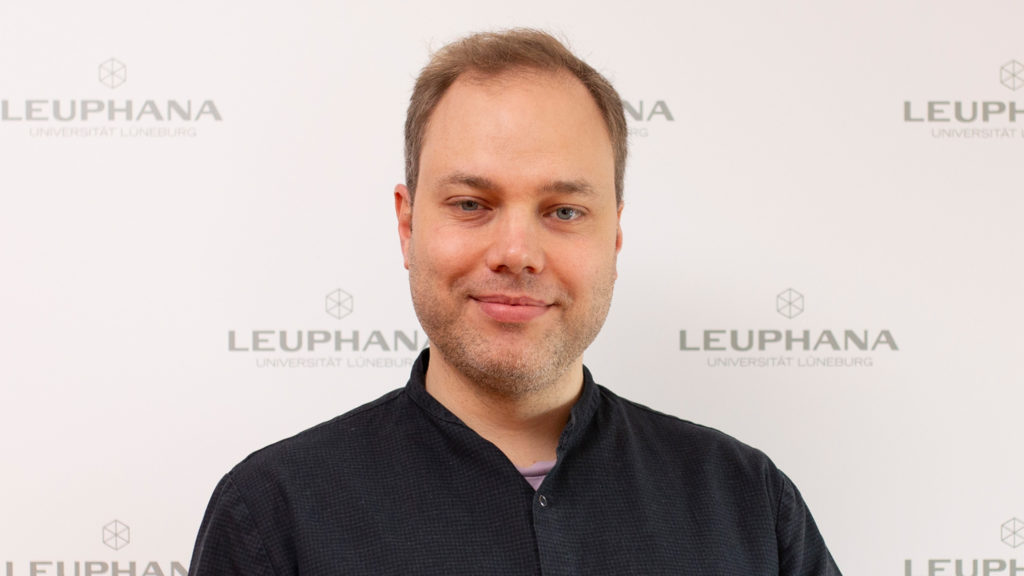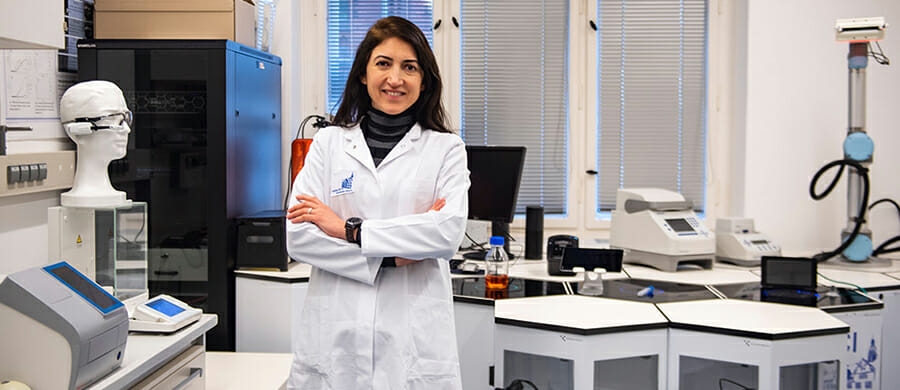Leuphana University Lüneburg
Institute of Poltical Science (IPW)
DATA & FACTS
Project
“The Whiteness of Wealth Management: Colonial Economic Structure, Racism, and the Emergence of Tax Havens in the Global South” (WOWMA)
Scientific contact
Prof. Dr. Lukas Hakelberg
EU-Funding line
ERC Starting Grant
Keywords
Political Economy, Political Institutions, Fiscal Capacity, Racism, Microstates
Projektleitung: Prof. Dr.-Ing. Arno Kwade
Projektname: „Li-Ion Pilot Lines Network“ (LiPLANET)
Keywords: Energie, Mobilität, Partner
Lukas Hakelberg receives ERC grant for his research on the emergence of tax havens in the Global South
The ERC has awarded Prof. Dr. Lukas Hakelberg a Starting Grant for his project entitled “The Whiteness of Wealth Management: Colonial Economic Structure, Racism, and the Emergence of Tax Havens in the Global South (WOWMA)”. During its runtime, he will analyse the development of tax havens with a focus on colonial economic structures, income tax adoption, the survival of white oligarchies, and racism.
The political scientist assumes that the respective agricultural suitability of small island states determined where tax havens were created. Agricultural suitability shaped the colonial economic structure, which in turn influenced the racialization of the population. During the decolonialisation process, tax havens emerged where the colonial regime had not introduced income taxes due to low economic activity and where non-white populations had gained comparatively few political rights. The continued rule by white oligarchies favoured the involvement of white financial experts in the legislative process. Moreover, it diminished the often racially motivated fear of expropriation by non-white, post-colonial governments.
In a first step, Lukas Hakelberg and his team will collect historical data to gain a better understanding of the economic structure, state capacity and democratisation of all tropical island states. To test the initial hypothesis, the data will then be analysed in qualitative case studies and with causal inference methods. In a second step, the team will conduct conjoint experiments. This involves, for instance, to ask wealthy people to select a country (from a hypothetical pair) in which they would preferably locate their assets. Prof. Hakelberg wants to use this tool to clarify whether the head of state’s skin colour impacts investment decisions – or in other words: whether racial prejudices persist.
From April 2024 to March 2029, the WOWMA project will focus on entirely new aspects of the research topic. While relevant economic theories identify political stability as a key factor in the emergence of tax havens, Hakelberg argues that Western investors saw stability primarily where white oligarchies remained in power. In turn, they perceived instability where democratisation processes empowered non-white populations.
The European Research Council awards Prof. Dr. Lukas Hakelberg a Starting Grant of more than 1.49 million euros for the project period of five years. With this programme, the ERC supports outstanding young scientists who are conducting cutting-edge research in their field.

Author: Dr. Marie-Luise Braun
Date: April 2024
This might also interest you…

Project: ScaleUp4Sustainability
New approaches to collaboration between students and companies developed in Germany, Sweden and the Netherlands. Between 2018 and 2022, the University of Oldenburg coordinated a consortium consisting of two universities (besides Oldenburg, the University of Linköping, SE), 6 companies (including the Oldenburg companies EWE Aktiengesellschaft…

Project: decades
The chemical industry is currently facing the challenging transformation of replacing classic, chemical manufacturing processes based on petroleum with sustainable, bio-based products, in line with the concept of a circular bioeconomy. Solvents, in particular, play a crucial role in the chemical industry along the entire production chain.
